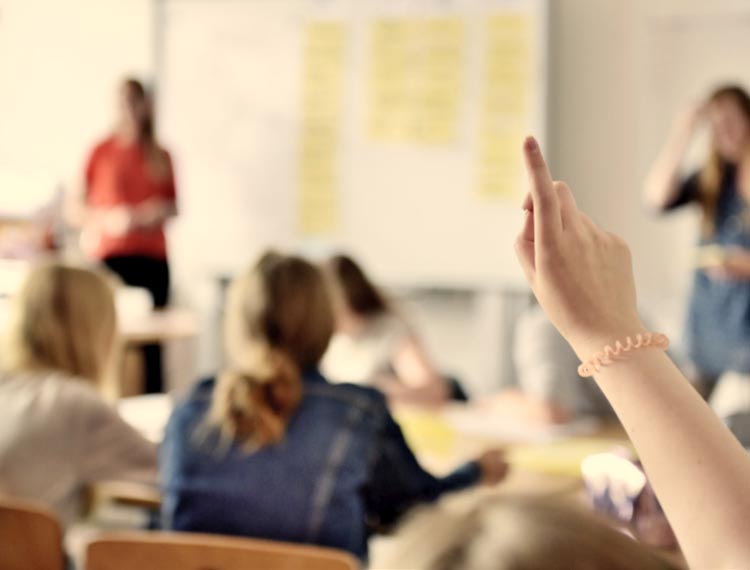Two in five parents support a sixth form education system that has all the attributes of the International Baccalaureate – but almost half have never heard of it

Research from @fulham_school, carried out by YouGov, has found that two in five (42%) parents in the UK support an internationally recognised, holistic sixth form programme with up to six subject-specific courses, instead of the traditional four standalone, subject-specific course offer.
However, the same research shows that 46% of parents have not heard of the International Baccalaureate (IB) – which provides exactly this style of education.
New research published by leading independent education provider in London, Fulham School, indicates that the traditional A-level style education of siloed subjects is falling out of favour with parents.
According to the survey of over 1,000 parents (of children aged 18 and under) carried out by YouGov, two in five (42%) in the UK say they support an internationally recognised sixth form education programme where students can choose up to six holistic subject-specific courses, which award qualifications based on formal examinations and coursework, as well as teacher assessments and research projects.
This research suggests strong support for a style of International Baccalaureate (IB) education, where the curriculum is made up of six subject groups – each one assessed on theory of knowledge, creativity, independent research, community service and an extended essay. Separate data also shows that IB diploma students are 13% more likely to attend a top higher education institute than A-level students.[1]
However, the survey also found that nearly half of parents (46%) had not heard of the IB programme before and a quarter (26%) of parents who had heard of the IB had not yet considered enrolling their children in it.
Added to this, when asked which skills and attributes the ideal education programme should help develop, there was widespread agreement amongst the parents surveyed that they would like their children’s school to focus on confidence, critical thinking and taking responsibility – which the IB has been specifically designed to develop. 72% of parents believe their child’s education should consist of activities that focus on boosting their confidence; two in three (67%) said it should involve activities that focus on helping students take responsibility for their actions and the consequences that accompany them; and 64% agreed that activities that focus on boosting children’s critical thinking skills are important.
Commenting on the findings, Chris Cockerill, Head of Fulham Senior School and Sixth Form, an IB Diploma candidate school, said: “The IB is education’s best kept secret. These findings clearly show that parents are looking for an education programme that is going to help their children leave traditional education at the age of 18 as enquiring, principled and global thinkers. Parents know what they want for their children – they just don’t realise yet that this is exactly what the IB delivers. It’s a global education for a global world.”
The survey with YouGov also explored parents’ opinions of the education their children have received since the start of the pandemic. Whilst two fifths (40%) of parents responded that no aspect of their school’s provision had been unsatisfactory, just under a quarter (22%) expressed concerns about the hours of learning that their school had provided in the form of remote contact time with their teacher and 19% said they were not satisfied with the standard of remote teaching provided by their school. These sentiments could account for the reason that over one in ten parents (14%) are reconsidering their children’s education options as a result of their school being insufficiently equipped for remote learning.
References:
[1] https://www.ibo.org/globalassets/publications/ib-research/dp/hesa-summary-eng-web.pdf










Responses